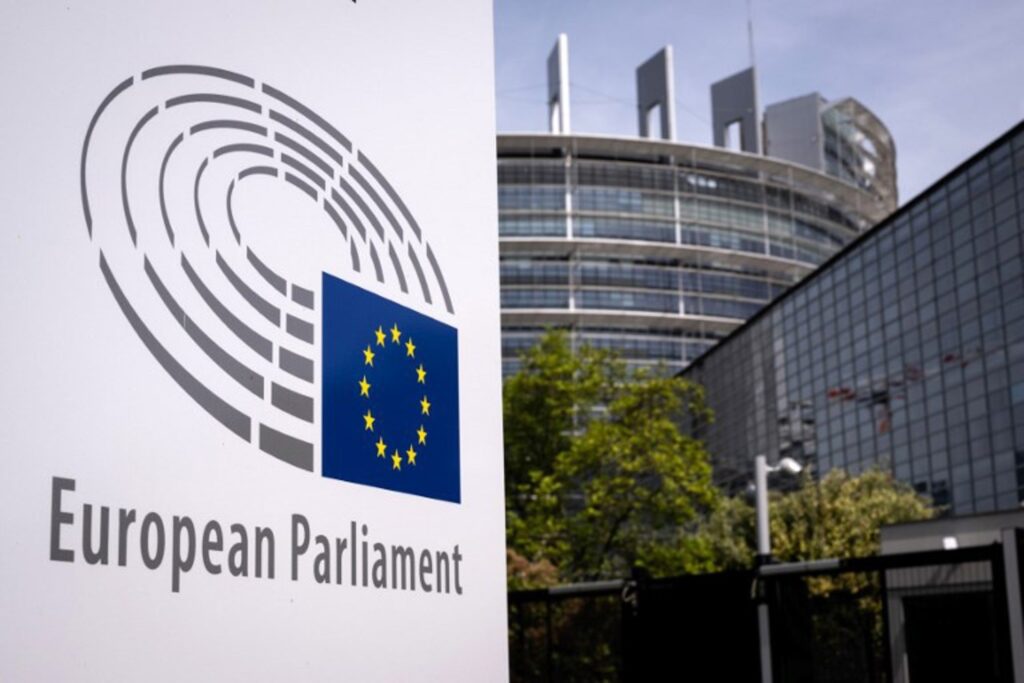A total of 89 legislative bills and half a dozen resolutions are set to be voted on at the European Parliament’s final plenary session of the ninth legislature in Strasbourg this week.
This significant mass of legislation, considerably more than five years ago, has been attributed to a host of crises in the last half-decade, such as Coronavirus, energy policy, and regional conflicts, according to representatives from the assembly on Friday.
These emergencies have required swift responses, pushing other legislative bills down the priority list.
Negotiations between co-legislators (members of the European Parliament and the Council, representing member states) on proposals issued by the Commission have also contributed to the backlog, the representatives added.
The political groups have reportedly reached a consensus that this isn’t ideal for maintaining legislative oversight. They suggested that legislative planning should be prioritised in the EU’s future strategic programme for 2024-2029.
However, they also noted: “It demonstrates that elected individuals work tirelessly from day one, fulfilling their responsibilities, even if it means voting for hours.” Progress and results were stressed as key.
The Greens/EFA group expressed regret that some legislation is rushed through, “sometimes without proper debate or opinion”, but argued Parliament’s activity remains a testament to “good democratic health.”
Among the key regulations set for a vote is a revision of fiscal discipline rules imposed on member states. Other regulations to be tackled include new air quality standards, more sustainable packaging, the right to repair electronic devices among others under the Green Deal.
In response to recent agricultural protests, a weakening of common agricultural policy (CAP) is also up for vote, in addition to a restriction on trade privileges afforded to Ukrainian agricultural exports.
Other items on the agenda include corporate accountability for child labour, slavery, pollution, and biodiversity loss, a ban on products resulting from forced labour, social protection for digital platform workers, and combating money laundering.
The Parliament is also set to pass the EU’s first law against violence towards women.

